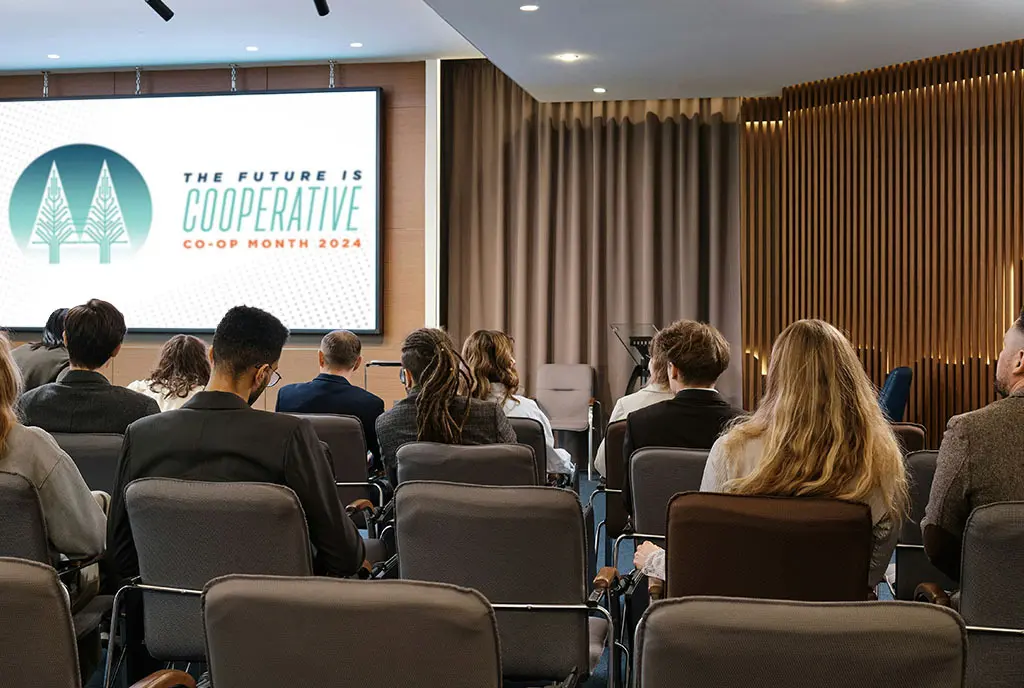
October 2, 2017; Minneapolis Star Tribune
All over this country, support groups help nonprofits with a wide array of services, providing support for everything from finances to organizational strategy-making to executive transitions. The support group infrastructure varies from city to city and state to state, but good local clusters of such groups are worth their weight in gold. Unfortunately, funders often neglect them.
Minnesota—and the Twin Cities in particular—has long shined in terms of the number, quality, and range of support group offerings. Now, two of those well-respected nonprofit capacity-builders have merged, which gives us a chance to spotlight them.
The marriage between the Nonprofit Assistance Fund and MAP for Nonprofits has been in the works since the executive of MAP decided last year to retire. This let the two avoid the awkward step of figuring out who should lead the merged entity, now called Propel Nonprofits. MAP for Nonprofits brought its work on nonprofit leadership and board training to the table and the Nonprofits Assistance Fund brought its offerings of loans (backed by $28 million in capital), its phenomenally clear and insightful financial advice for nonprofits, and its consulting expertise.
Sign up for our free newsletters
Subscribe to NPQ's newsletters to have our top stories delivered directly to your inbox.
By signing up, you agree to our privacy policy and terms of use, and to receive messages from NPQ and our partners.
Mix them together for the year that it took to complete the transaction, and “we are now a comprehensive resource for nonprofits regarding finance, governance and their strategy,” says Kate Barr, who had led the Nonprofits Assistance Fund and is the president and CEO of the new Propel. “We love the new name because it gives a hint of what we do and it’s really aspirational. It sums up why we exist.”
The leaders of both have written classic articles for NPQ that emerged from their practice-based research. One, in fact, is entitled “Creating Fertile Soil for the Merger Option.” That article by Judy Alnes, the former executive director at MAP, discusses the need to concentrate on what can be done as a merged entity that extends the reach and increases the impact of the groups involved.
“We are unique in our role nationally,” Barr said, “bringing together the loan fund and all the other supporting services in one place. The only reason we exist is for nonprofits to be successful.” Would that all localities had such riches.
Congratulations to the happy couple, who are now as one, and to the local field of nonprofit support groups and nonprofits and funders who see the need and lift it up—Ruth McCambridge












